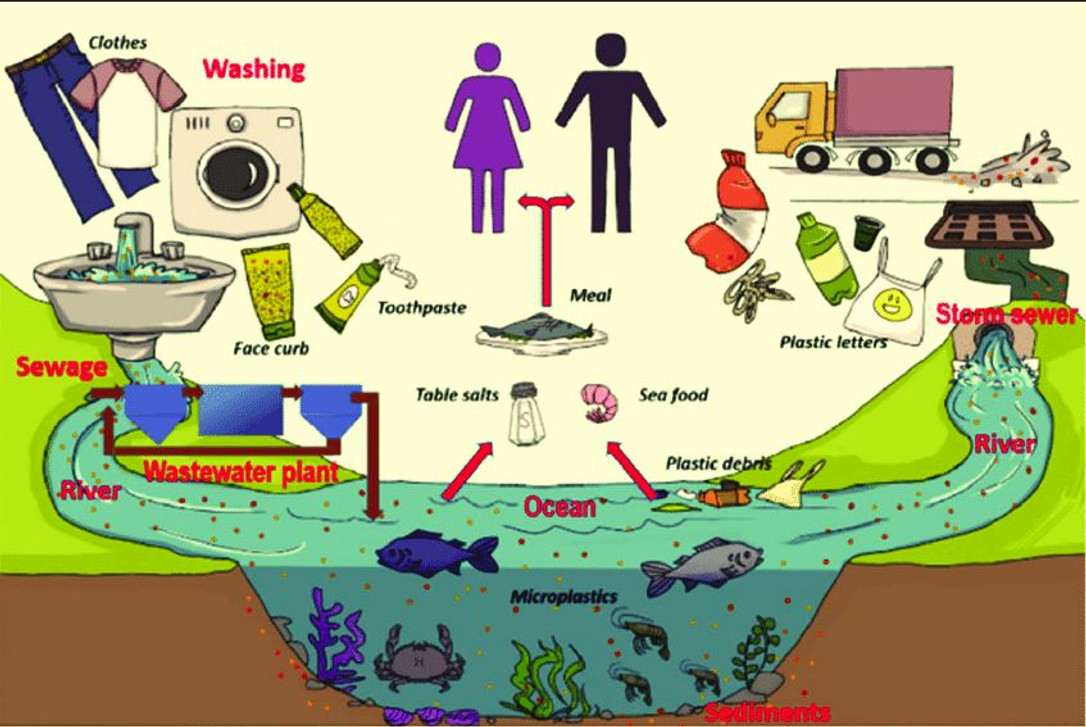With climate change looming, more people are becoming very aware that clean drinking water is increasingly imperative to protect. We can get overwhelmed thinking of the many improvements that are needed. However, we believe that if every person took as many small steps as possible in preserving and protecting clean water in our own homes that two things would happen.
1. When your friends and neighbors see you taking small steps and they see how important these issues are to you, they get inspired to do things in their own spaces to help. And the more people who get involved, the more people who CAN do those huge improvements see and the more inclined they are to be more initiative-taking. Studies have proven that one person recycling in a neighborhood encourages the entire neighborhood to recycle and this pushes communities to make recycling easier which pushes counties and states to get involved. One small step really does have influence.
2. Your one small step becomes amplified and can change your community.
So, what small steps can you begin today that have the potential to change your community and even the world:
1. Pick up pet waste and properly dispose of it. Use compostable plastic bags such as Pet N Pet Dog Poop Bags (link for example only - we do not sell these or get money if you do purchase them) Dog Poop Bags: Best Brands, Low Prices (Free Shipping) | Chewy
2. Check vehicles for fluid leaks. Clean up any fluid leaks with environmentally friendly products such as Gray-Out Waterless Oil Cleaner.
3. Divert downspouts onto grassy areas so that water is used in your lawn instead of going into the storm drains.
4. Blow leaves and grass clippings back on the lawn and not into the street. Use an electric blower as gas blowers create as much air pollution as driving a car for three hundred miles.
5. Compost yard waste (AND kitchen waste) or use a recycling disposal service. If you compost, you can improve your soil while reducing the burden on the landfills.
6. Plant native plants with deep root systems that can survive without additional watering. Replace your lawn with native grasses that are low growing and reduce the amount of mowing required as well as the water needed.
7. Soil test to determine fertility levels. Composting will increase the fertility.
8. Limit applications of all chemicals - fertilizers (growing natives will reduce the need for fertilization as well as using compost), weed and bug killers, solvent based cleaners and sealers for your concrete, brick or stone surfaces, and inexpensive ice melt applications (usually composed of more salt and toxic chemicals). See SealGreen website for sources of non-toxic concrete, brick and stone cleaners, sealers, stains, and ice melt.

